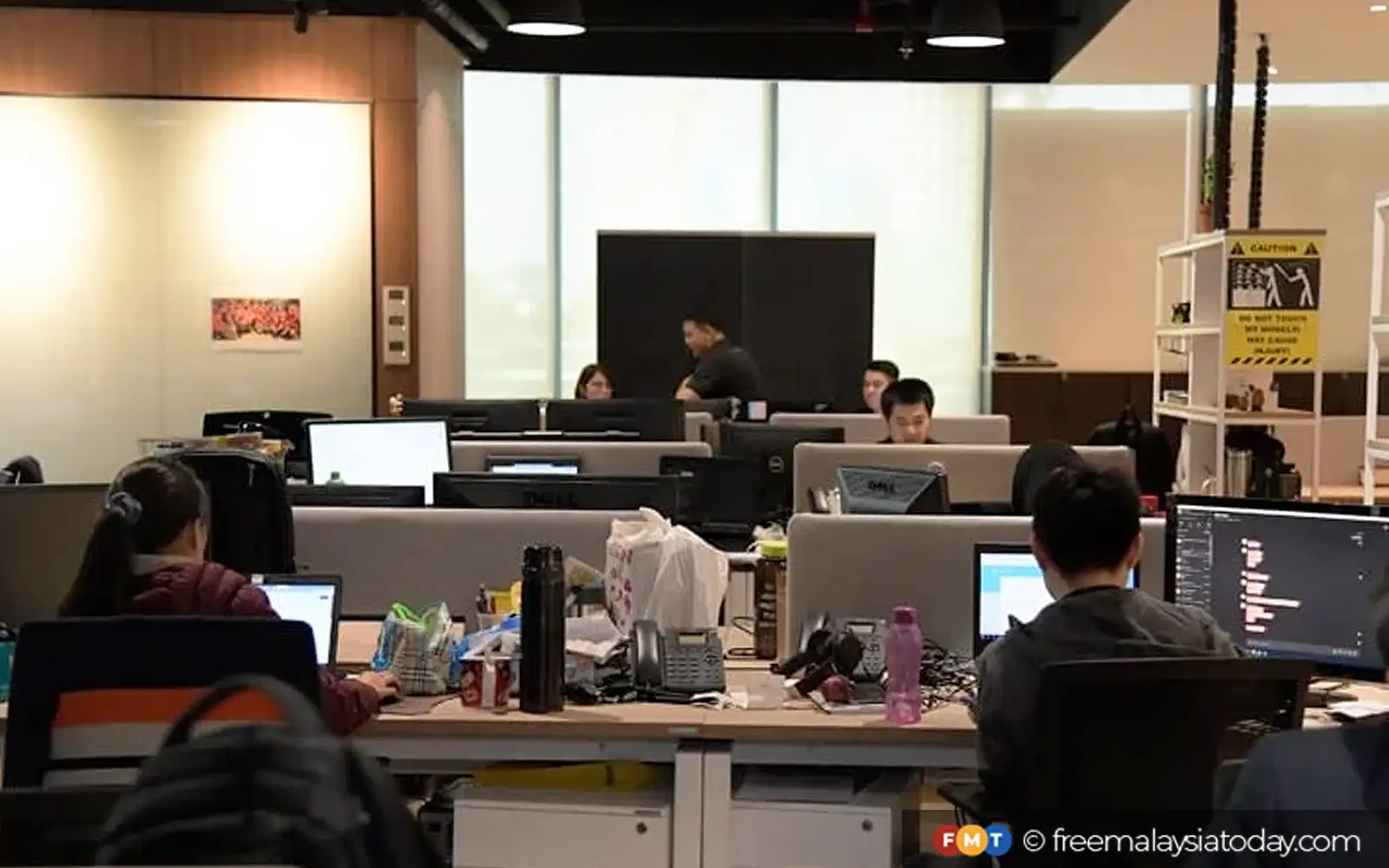
Small businesses are calling for more time to implement higher wages, and additional tax support from the government following the launch of the 13th Malaysia Plan (13MP) yesterday.
Small and Medium Enterprises Association president William Ng said small firms needed a grace period to prepare for the RM1,700 minimum wage, which comes into effect today.
He said while the new wage showed that the government wanted to pay workers fairly, many small firms were still facing tough times.
“Many SMEs already operate on thin profit margins. A sudden increase in wage obligations, combined with stricter rules on foreign labour and new reporting requirements, will stretch their resources further,” he told FMT.
Under the 13MP, the multi-tier levy mechanism for migrant workers will be implemented in 2026, and steps will be taken to reduce their recruitment to 10% of the workforce by 2030 and 5% by 2035.
The Malaysia Standard Classification of Occupations portal will also be enhanced to serve as a more transparent and responsive instrument for monitoring wages, Prime Minister Anwar Ibrahim said.
Ng said the new wage should be implemented in stages, especially for factories and the services sector, where work skills are learnt on the job. He also asked for tax cuts or grants for firms that spend money to boost output, through machines or staff training.
Concerns over TVET graduate wages
Ng said small businesses were also concerned over news that technical and vocational education and training (TVET) graduates might receive a minimum set wage of RM3,000.
The government previously said it was considering a RM3,000 minimum wage for TVET graduates to make technical and vocational careers more attractive, address skills shortages in key industries, and reinforce the value of TVET qualifications.
“This amount is too high for many small businesses unless there is real support and clear work targets. You can’t expect employers to pay more without matching skills and performance,” Ng said.
Call for flexible hiring, firing rules
He also called for more flexible labour laws to help SMEs manage underperforming staff more effectively.
“We believe that for labour reforms to truly benefit both employers and workers, the country’s labour laws must be modernised. This includes clearer guidelines on what counts as fair dismissal, such as repeated underperformance or failure to meet agreed KPIs (key performance indicators).”
He said current labour laws made it difficult for employers to restructure their teams, as the fear of being taken to court over dismissals discouraged them from letting go of underperforming staff, ultimately suppressing wages and hurting productivity.
“SMEs need simpler, time-bound off-boarding processes, especially for probationary or performance-based roles. Without that flexibility, they are forced to keep staff they cannot afford or who underdeliver,” he said.
More than higher wages needed
Federation of Malaysian Business Associations chairman Abdul Malik Abdullah said that raising wages and tightening foreign worker access might push some locals to consider previously unattractive sectors.
“However, wages alone are not enough. Jobs in 4D (dirty, difficult, dangerous or demeaning) sectors must also offer dignity, career progression, and better working conditions to attract locals,” he said.
Malik also said that government support, in terms of grants and affordable automation tech for SMEs, would be crucial.
Malaysian Employers Federation president Syed Hussain Syed Husman, meanwhile, said he hoped the government would give direct financial support to new companies and SMEs for training in digital skills to boost productivity.






